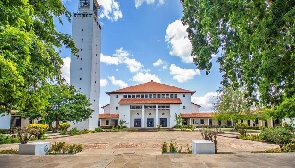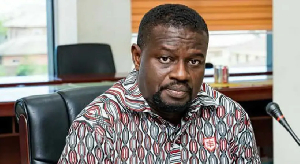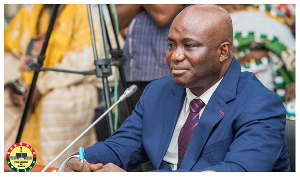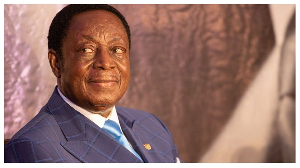Public universities play a critical role in shaping the educational landscape and providing equitable access to higher education. However, the lack of synchronization in their admissions processes and financial roadblocks mounted against applicants have led to significant challenges.
Prospective students apply to different universities hoping to select the best programme offered them from among the various public universities. However, the absence of a unified timeline for the release of admission lists by the public universities is causing a great deal of anxiety, frustration and inconvenience to both applicants and parents.
The Kwame Nkrumah University of Science and Technology (KNUST) recently released its admission list and freshers who were not offered their preferred programmes felt compelled to accept the offer and pay academic and residential fees to secure a programme spot and a room on campus, while waiting for the decisions of other universities. These students felt coerced to accept the offer of the first university to release admission lists because they were not sure of what programmes the other universities would offer them if they even admitted them at all. To them, a bird in hand was worth two in the bush.
Crucially, the University of Ghana (UG) and University of Cape Coast (UCC), for instance, later released their admission lists and those who reluctantly accepted programmes offered by KNUST and were lucky enough to be offered admission to pursue their preferred programmes at UG or UCC, might have had to abandon their force-fed programmes at KNUST to start all over at a new university thus losing money (non-refundable fees), time and other resources. Although it has been the practice of the universities to release the previous year’s aggregate cut-off point to guide applicants in choosing programmes, this has not been wholly helpful as the cut-off point keeps rising with the increasing number of qualified applicants.
The withdrawals by students from one university to pursue preferred academic programmes in other universities, as a result of the lack of synchronisation of admissions, also deprives other deserving students of opportunities. Many applicants on waitlists could miss the chance to enrol because admission decisions are delayed and are thus compelled to look for other alternatives.
It is therefore imperative that the public universities agree to have a unified timeline for the release of admission lists to give students a clear framework to evaluate and respond to offers. This will save parents and students money and time and also reduce the stress and confusion caused by universities operating on different timelines with regard to release of admission lists.
The increasing number of Ghanaians enrolled as full-fee-paying students must be reviewed by the public universities. It is understandable that as the Government’s subvention to the universities keeps dwindling, naturally, the universities would have to find means of increasing their internally generated funds to support their operations. Obviously, some of the major means of generating internal funds are the annual sale of admission forms and school fees. The more school fees generated, the better the balance sheet.
This has increasingly resulted in most of the high-demand academic programmes being made full-fee-paying for the students enrolled by the public universities. Whereas the full-fee-paying policy is giving the public universities a healthy balance sheet, it is also depriving brilliant-but-needy students the right to pursue their dream programmes at the universities.
Article 25 clause 1 of the Constitution, 1992, provides that, “all persons shall have the right to equal educational opportunities and facilities”. The introduction of, and increasing reliance on, full-fee-paying by the public universities is gradually violating the constitutional rights of Ghanaian students and this must change. Successive governments have become complicit in this flagrant disregard for these educational rights under the Constitution by starving the public universities the needed funds to sustain the running of the universities.
It is time to take higher education much more seriously as a nation since education at that level is one of the means of breaking the poverty cycle of families and ensuring the accelerated development of the country. I look forward to seeing a positive change.
Opinions of Wednesday, 29 January 2025
Columnist: S. Kwaku Asare Badu



















